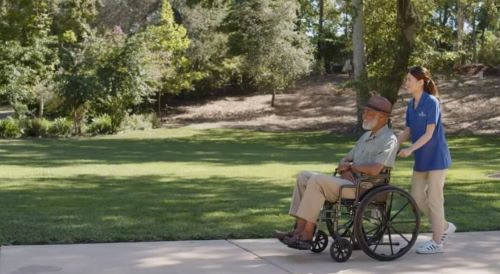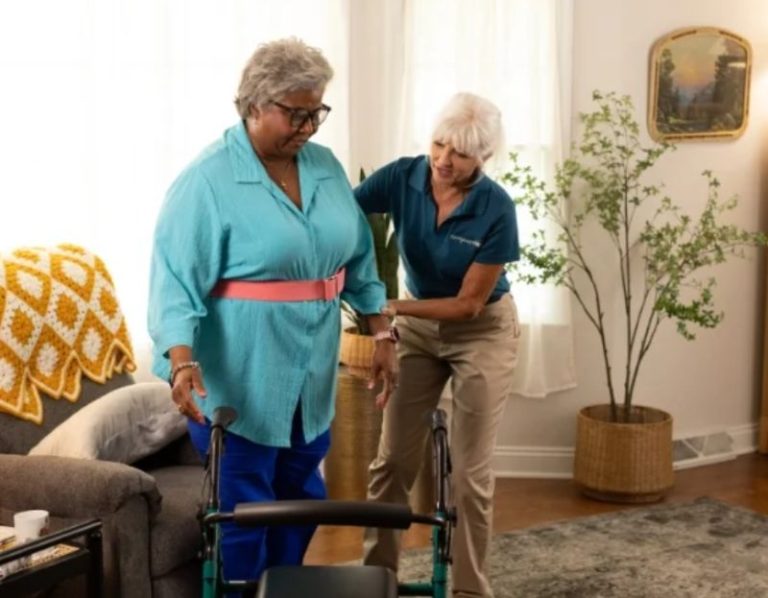

Social connections play a vital role in promoting both physical and mental health, reducing the risk of cognitive decline, and enhancing the quality of life in later years. This article will explore the significance of social connections for older adults and provide insights into how to keep your interpersonal relationships going as you get older.
The Benefits of Social Connections
Social connections matter at any age – we are social creatures, after all. But in later life, they are even more important.
1. Improved Physical Health
Studies have shown that older adults with strong social connections tend to have better physical health outcomes. Engaging in social activities and maintaining relationships can help reduce the risk of chronic diseases such as heart disease, stroke, and diabetes. Additionally, social support can encourage healthier lifestyle choices, such as regular exercise and a balanced diet.
2. Enhanced Mental Well-being
Social connections are essential for maintaining good mental health in later life. Loneliness and social isolation are associated with an increased risk of depression, anxiety, and cognitive decline. Engaging in social activities and maintaining close relationships with family and friends can provide a sense of purpose, belonging, and emotional support, which are crucial for mental well-being. You can live alone, but try to maintain your friendships and keep in touch with family.
3. Cognitive Stimulation
Engaging in social activities and conversations can provide cognitive stimulation, which is essential for maintaining brain health in later life. Social interactions challenge the brain to process new information, engage in problem-solving, and adapt to different situations. This mental exercise can help delay or prevent cognitive decline and reduce the risk of developing dementia.
Fostering Social Connections
Engaging in hobbies and activities that align with one’s interests, such as joining the UMF Martial Arts Academy, is an excellent way to meet like-minded individuals and foster social connections, enhancing both physical and mental well-being. Joining clubs, attending workshops, or participating in community events related to one’s passions can provide opportunities for social interaction and the development of new friendships.
Volunteering is a meaningful way to give back to the community while simultaneously expanding one’s social network. Engaging in volunteer work can provide a sense of purpose, increase self-esteem, and create opportunities to connect with individuals from diverse backgrounds who share similar values.
Technology can be a valuable tool for maintaining social connections, especially for older adults with limited mobility or those living far from family and friends. Video chat platforms, social media, and messaging apps can help bridge the distance and facilitate regular communication with loved ones.
Fostering relationships with younger generations can be mutually beneficial. Intergenerational connections provide older adults with an opportunity to share their wisdom and life experiences while learning from the fresh perspectives of younger individuals. These relationships can help combat ageism and promote a greater understanding between generations.
Age at Home
While remaining at home for as long as possible is beneficial, sometimes more practical help is needed. This is where a home care agency in Lexington, KY can help. With a bit of help, you can be safe and comfortable at home. As a society, it is essential to recognize the importance of social connections in later life and create inclusive environments that promote social engagement and support for older adults.


